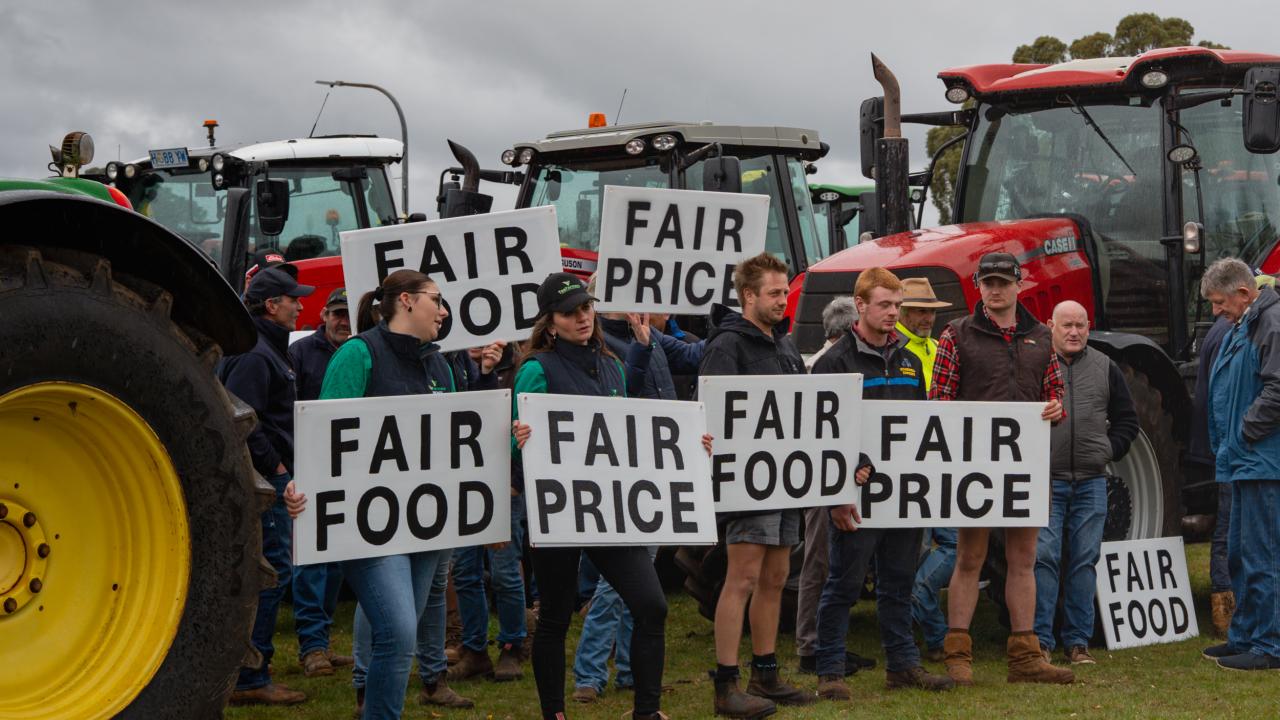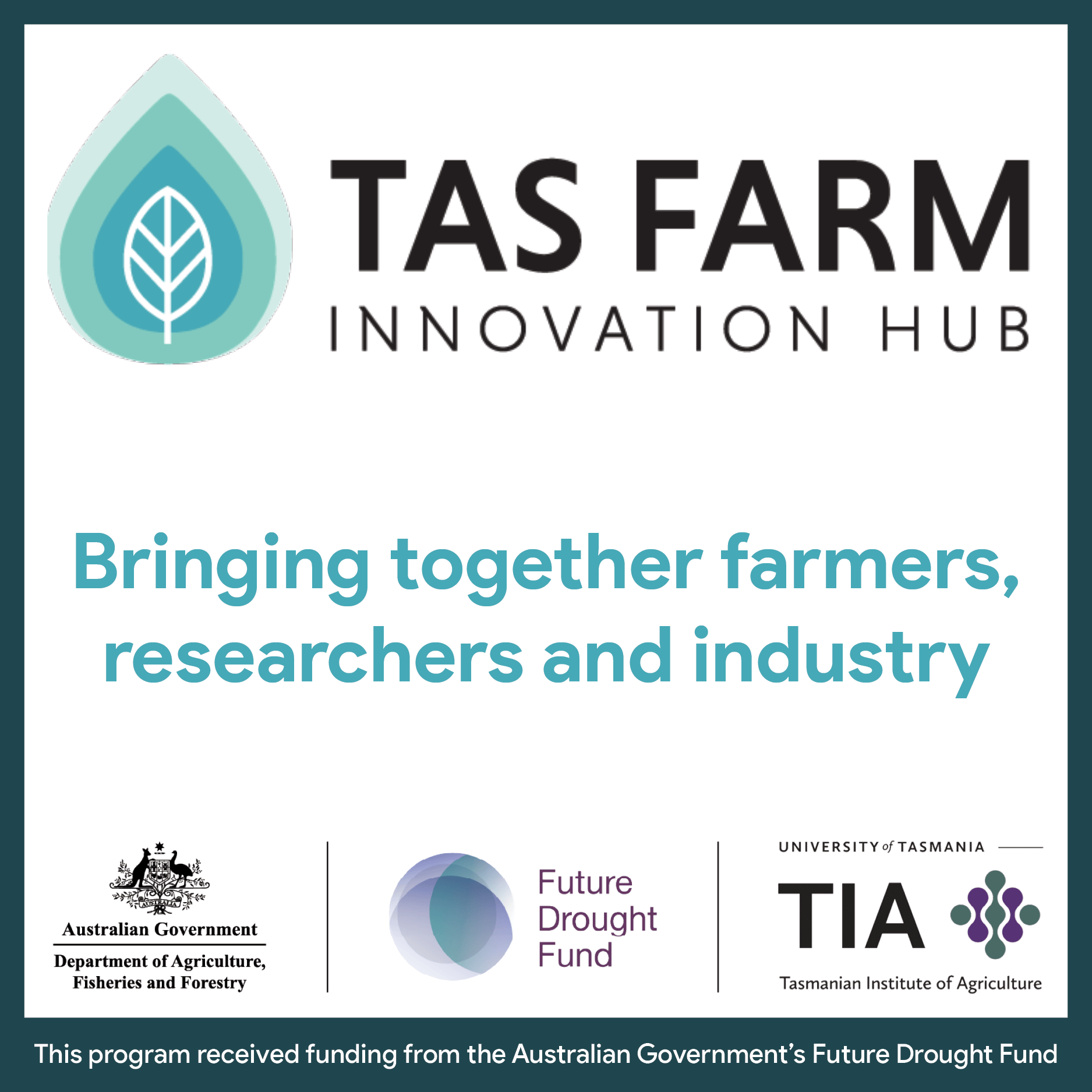‘A bloody relief’: Potato farmers rejoice after price war ends

Tasmanian potato farmers contracted to processor Simplot are now looking forward to planting spuds for the upcoming season after nearly four months of negotiating prices with the multinational.
Last week, it was agreed that Simplot would pay $460 per tonne to its Tasmanian farmers for potatoes after a bitter standoff that culminated in spud growers holding a large rally at Deloraine earlier this month.
The deal also includes an incentive for farmers where those who provide the processor with bruise-free potatoes receive extra money.
But spud growers say the new deal would mean farmers would still receive four per cent less profit than last year when factoring in rising input costs.
Gawler potato farmer Stuart Applebee said it was “a bloody relief” that the price negotiation stand-off was over.
“It was the lack of communication from Simplot that was the biggest disappointment,” Mr Applebee said.
“As growers, we understand the pressure that Simplot and all processing companies are under.
“But for them to come out and announce a 36 per cent pay cut off our gross margin, and not communicate that, is pretty serious.”
Mr Applebee said the initial offer put many potato growers under pressure and caused significant angst.
“There were a lot of phone calls from bank managers and finance companies asking farmers how they were going to sustain profits and what systems they had in place if they weren’t growing potatoes.
“Looking back, the whole saga was unnecessary.”
The bruise-free incentive was added because there had been issues with the quality of potatoes coming out of storage.
But Mr Applebee said that was not entirely the growers' fault and believed that Simplot needed to take some responsibility for the bruised potatoes.
“Back when we first started storage, conditions were hot and potatoes were dehydrated – hence there were a few bruising and storage issues.
“There's a bit of responsibility back on Simplot for putting potatoes into storage.
“But that also came from growers who had a lot of potatoes to dig and needed to do it so they still weren’t harvesting potatoes in August.”
The bruise-free incentive was something that Mr Applebee said would encourage growers to produce higher-quality potatoes.
“There’s an incentive there to put extra irrigation in and look at doing crop nutrition better.
“Farmers might put a few things in place to make the ground conditions better to stop bruising that sometimes happens when potatoes grow in cloddy, rocky conditions.”
Mr Applebee said farmers were not immune to rising costs.
“It’s horrendous if you see our bills now in comparison to what it was three years ago.
“Just to service a tractor or buy a piece of equipment that was $60,000 is now $100,000 when you’re not actually making any more money out of your crops.
“It’s so hard to keep absorbing and you physically can’t absorb anymore.
“There’s no romantic gesture about living off the land, we still have to buy toothpaste, shoes and clothes – we all feel it.”
Thirlstane potato grower Nathan Richardson said the price conflict reawakened the big concern that many farmers had around imported produce that could come to Australia.
During the potato price negotiations, Simplot threatened to import cheaper spuds from countries like India rather than using produce from Tasmanian growers.
“We’re not talking about protectionism, but we want to secure our industries,” Mr Richardson said.
“It’s going to be up to our elected representatives to find a pathway.”




Add new comment